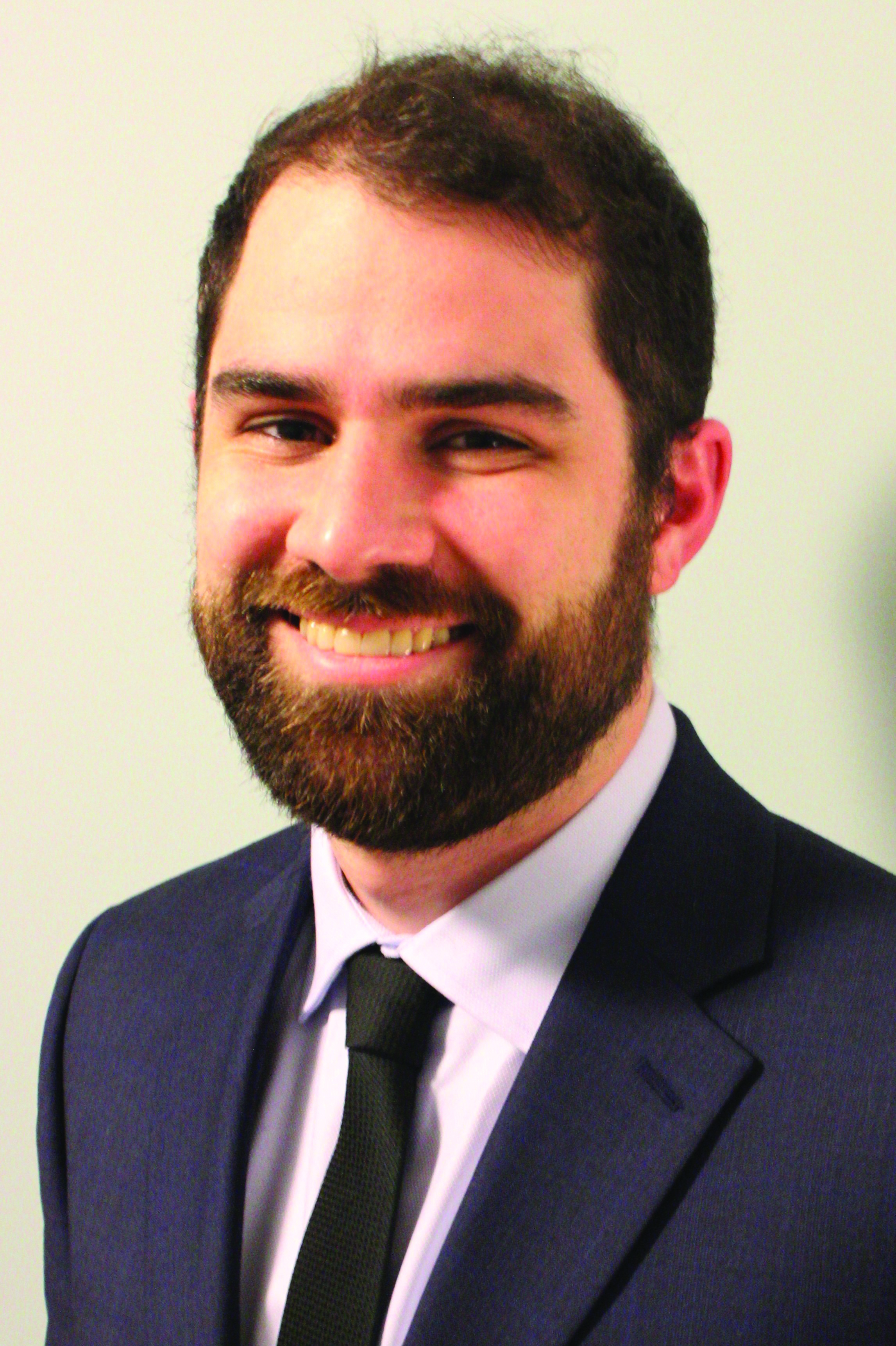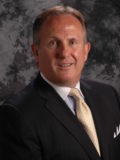
Phil Neuffer,
Managing Editor,
Monitor
The idea that any company can future-proof its business ignores the reality that there will always be new changes we can’t foresee. In 2019, Monitor 100 companies posted an 8.4% increase in new business volume on a year-over-year basis, continuing a growth trend that started in 2016. Odds are, before March of 2020, most of those companies would have expected a continuation of that trend, but as the equipment finance industry celebrated a successful year at the close of 2019, few could have predicted the industry-altering events on the horizon.
While an unprecedented global pandemic is just that, unprecedented, firms that survive, nay, succeed, against such a challenge in the equipment finance industry tend to be the ones who have adapted, especially for independent companies who don’t have the infrastructure and resources of a major bank or original equipment manufacturer. There are more than a few of those companies on this year’s Monitor 100 and there will continue to be so in the future. The secret to their survival in fluctuating economic conditions is often predicated on understanding that it’s more important to adjust than it is to predict.

“To me, there’s no such thing as future-proof,” David Lee, CEO of North Mill Equipment Finance, says. “Anyone who thinks they’re future-proof will soon find out they have no future.”
North Mill earned the No. 92 spot on last year’s Monitor 100 and rocketed up to the No. 74 spot this year, doing so on the back of a company record for organic originations in 2021 despite rising supply chain challenges and the continued impact of the COVID-19 pandemic.
“The approach that we took post our recapitalization in 2018 was to be adaptable and flexible,” Lee says. “In order to have a business that could scale and survive different economic cycles, we needed to diversify by industry, credit quality, geography and equipment types. Importantly, we needed to carefully manage the amount of leverage that we put on the business to preserve funding resources during an inevitable downturn.”

While having a good strategy to start is certainly beneficial, it’s also critical to re-evaluate and adjust as needed, especially in the face of the economic hurdles of the last few years. For example, Dext Capital, which came in at No. 92 on this year’s Monitor 100, is “continuously refining [its] financing process,” according to Kyin Lok, CEO of the company, while sticking to its root strategy.
“Dext has prioritized the customer experience and employee engagement as the guiding principles behind the decisions we make to adapt to the ever-evolving market,” Lok says.
Meanwhile, Auxilior Capital Partners is one of the newest entrants into the equipment finance space and certainly to the Monitor 100 echelon, launching just last year and already breaking into the ranking at No. 91. While a nascent business like Auxilior might not be an example of a company that has been force to adapt just yet, Steve Grosso, president and CEO of the company, is well aware of such an inevitably.

“That’s a forever thing. Specifically, strategies and their related execution plans need to be constantly tested,” Grosso says. “With extreme market dynamics and the acceleration of business cycles, we believe an agile and disciplined process to alignment with our corporate purpose is omnipotent. At Auxilior, it is about our commitment to service. Our guiding compass is, above all, we serve.”
Speaking of newer entrants, SLR Equipment Finance made its way into the Monitor 100 ranking this year, reaching the No. 89 spot. Although its new to the ranking, SLR Equipment Finance isn’t a new company. Formerly known as Nations Equipment Finance, the company rebranded as SLR Equipment Finance last year as part of a strategy to create a single brand identify for all of the specialty finance firms under the banner of SLR Equipment Finance’s parent company, SLR Capital.
“We’re building a platform here, a multiple strategy commercial finance platform. It needs to be branded as such,” Randy Hicks, CCO and COO of SLR Equipment Finance, says.

“When you do a rebranding, it’s an opportunity to reach back out to the market and reintroduce yourself. That opportunity came with not only our name change, but also the opportunity to discuss the entire SLR platform.”
Speed and Simplicity
While each Monitor 100 company aims to deliver for its customers, the most successful ones are always finding ways to make the financing process as quick and painless as possible. Dext Capital has made this a major priority, particularly through its Dext Access Real Time (DART) platform, a new client access portal launched in 2021 that allows customers to submit applications, monitor their application status and review funding options.
“Customers and partners choose to work with Dext because we work to consistently make their equipment financing experience simple and fast, enabled by a common-sense approach that frees them up to focus on growing their business,” Lok says. “We expanded our [DART] offering to serve all small businesses with automated credit decisioning in seconds, online document execution and access to self-serve tools such as invoices, custom price quotes and marketing resources. We have a long menu of additional features and functionality that will be rolled out in the coming months.”
Like Lok, Grosso and his team at Auxilior have preached the importance of a frictionless financing process since launching the company, understanding that customers expect ease of use with their financing partners. Similarly, Hicks says satisfying customers is one of SLR Equipment Finance’s top priorities, noting that technology and innovation play a significant role in meeting this goal by helping to get capital to clients quickly and efficiently. Hicks specifically points to the implementation of a Net Promotor Score (NPS) card through which SLR measures how it is doing from its customers’ perspective.
Growth and Diversification
As important as speed and simplicity are, scaling aggressively and responsibly, and diversifying can be the difference between survival and failure.
“Equipment finance is very much a scale-oriented business whereby the larger asset base you have, the better able you are to lower your operating expenses and your leverage costs,” Lee says. “In order to gain scale quickly, we felt that there was a wonderful distribution model already in place for the industry through third-party referral partners.”
As Lee explains, North Mill is a broker-focused firm that relies heavily on its third-party partners, allowing it to break away from being too reliant on any one equipment type, credit quality or geography while remaining nimble and avoiding the need to build an expensive, fixed-cost business development team. For example, Lee says North Mill is close to booking $100 million a year in volume in the medical space due to the close relationship it has developed with MMP Capital, another one of the top 30 independent equipment finance companies in the United States.
North Mill builds trust with its third-party partners to the point that they become receptive to North Mill developing partnership programs with their vendors. In addition, through its platinum referral partner program, North Mill allows certain partner companies to adjudicate, document and fund transactions before discounting the deal to North Mill, whereby the deal is underwritten by North Mill after the broker has already funded the deal.
Dext Capital has also made diversification a key part of its survival strategy but in a different way. As a firm focused on the medical industry, Dext has diversified through its product offerings, expanding to provide a working capital product last year and with more varied offerings on the way, according to Lok.
“Working capital is another example of how we can proactively offer a creative financing solution that addresses unexpected capital needs that doesn’t fit the typical equipment finance product,” Lok says. “Dext continually evaluates and develops new ways to re-define the financing process to enable our customers and partners to be more successful and provide differentiating solutions to markets that are underserved.”
Elsewhere, SLR Equipment Finance took a holistic look at its business in the beginning of this year, which dovetailed nicely with the appointment of Tom Casey as CEO in late March. With years of experience in the vendor finance space, Casey has helped SLR Equipment Finance add a vendor finance capability to the company’s offerings.
“The vendor business will allow us to develop new relationships with manufacturers and dealer networks. We will be forced to develop a more nimble and timely financing offering,” Hicks says while noting that in disruptive and uncertain times, the business may skew a bit toward the direct channel. “These will have positive implications for our direct platform. We will take some best practices that we develop in implementing the vendor finance platform and apply those to our direct platform.”
In addition to its new vendor finance capabilities, SLR Equipment Finance has “made a conscious effort to go upmarket, both in credit quality and company size,” according to Hicks. Plus, through its rebrand, the company is now better able to communicate its ability to provide access to the entire SLR Capital platform.
“We’re no longer just an equipment finance platform,” Hicks says. “When I say, ‘we,’ I’m talking about SLR, the entire entity … the rebrand gave us an opportunity to put that whole package together and then bring that out to our clients and demonstrate to them that we’re capable of much more than just equipment finance.”
People and Technology
Any company will only survive with the right people and the right tools to conduct business. That’s the guiding philosophy Grosso has established at Auxilior, with his team at the absolute center.
“It’s always about people,” Grosso says. “Technology is an enabler and having good technology is important. Has there been a disruption or will there continue to be transformation of the process with technology advances? Of course, but it’s always about people.”
Grosso says that Auxilior’s people-first focus helps elevate a team made up of “seasoned veterans with the passion of rookies” and that its technology can be as agile as necessary due to the company’s lack of legacy systems.
“We believe people and technology are our differentiator,” Grosso says. “[Our team members] know each other, the proverbial right hand knows what the left hand is doing, and that allows us to triage things very quickly and adapt to market conditions that are shifting.”
Dext Capital is another independent that is making people and technology a vital part of its business, helping it to overcome whatever challenges the market presents. In fact, Dext Capital has grown its staff to 60 employees, bulking up its team in the face of labor shortages across other industries while investing in technology and processes to support all team members wherever they choose to work.
“We have been able to both attract industry veterans who are excited about the being re-energized at Dext and less experienced team members who are just learning our industry,” Lok says. “These additions have enabled us to fully support our partners and customers, even as we’ve grown the business over 50% each year.”
Like Dext Capital, SLR Equipment Finance has been staffing up quite a bit recently, particularly in the first half of 2022.
“We’ve really expanded our talent pool on the front end of the business as well as the underwriting side,” Hicks says, adding that the company will bring on even more talent as it scales up its vendor finance platform.
According to Hicks, SLR Equipment Finance’s customer-centric approach, its support from SLR Capital and the ease of doing business at a non-bank finance company in a relatively unregulated environment have been important differentiators in attracting top talent.
“That strikes a tone or a chord with talent out in the marketplace,” Hicks says. “Every place has its challenges and opportunities, but we provide for an environment of empowerment, a go-to-market strategy and a capability that is attractive to folks that join us from other firms.”
Access to Capital
Companies can employ many strategies to fortify their businesses and adapt, but one simple truth remains: access to capital is always the most important factor to success in the equipment finance arena. However, gaining and maintaining that access comes from building a successful and adaptable company.
Auxilior Capital Partners has deep and attractive capital and prioritizes a strong balance sheet and a diversified capital stack that includes equity, warehouse financing and permanent term facilities.
“We have been fortunate to have partnered with large, international and domestic investors and secured permanent debt financing from money-center banks that provide us with well structured, diversified funding that supports our growth initiatives,” Grosso says.
“The oxygen for this industry is access to capital,” Lee says. “And if you’re over levered, you’re not diversified and you don’t have operating scale, you’re going to have your access to liquidity curtailed much sooner.”
“We believe having ready access to capital is critical for our manufacturer and customer relationships, as they need a stable finance partner they can rely on to help them navigate any challenges ahead,” Lok says.
Hicks echoes Lee and Lok, noting that SLR Equipment Finance is in growth mode due in part to its ability to source lower cost capital as part of a multi-billion-dollar public business development company.
About the author: Phil Neuffer is senior editor of Monitor.